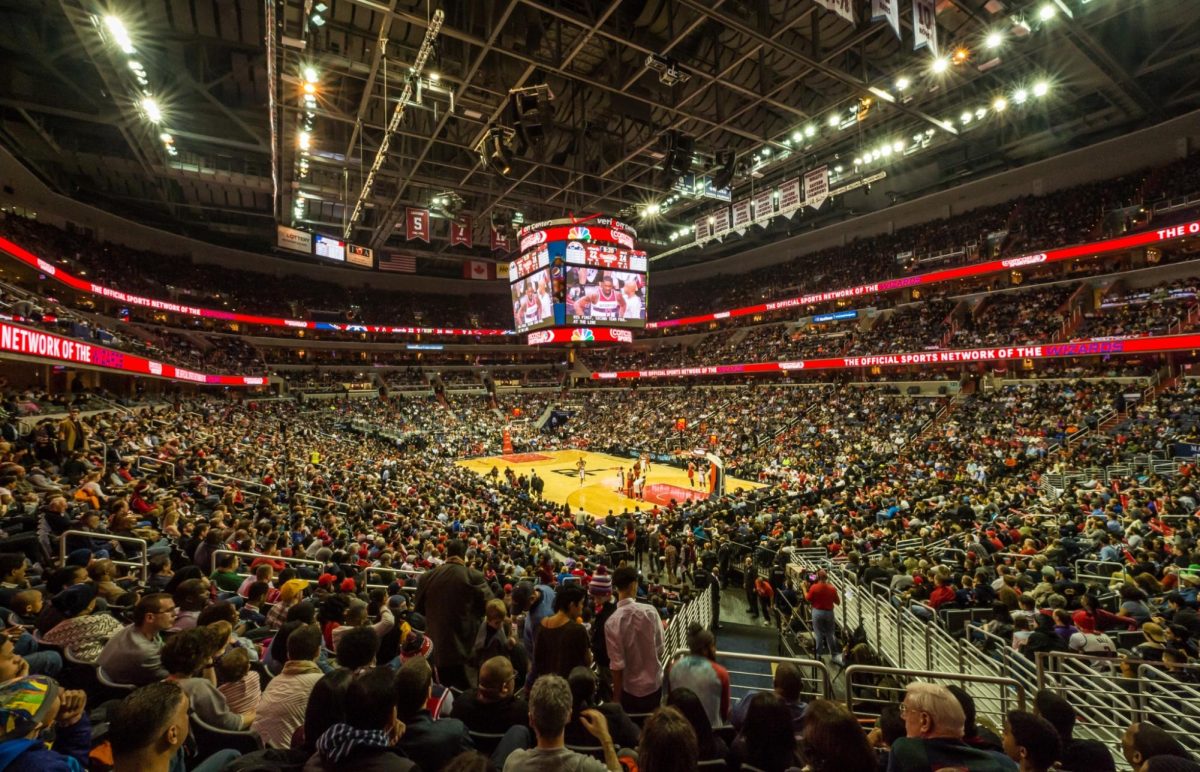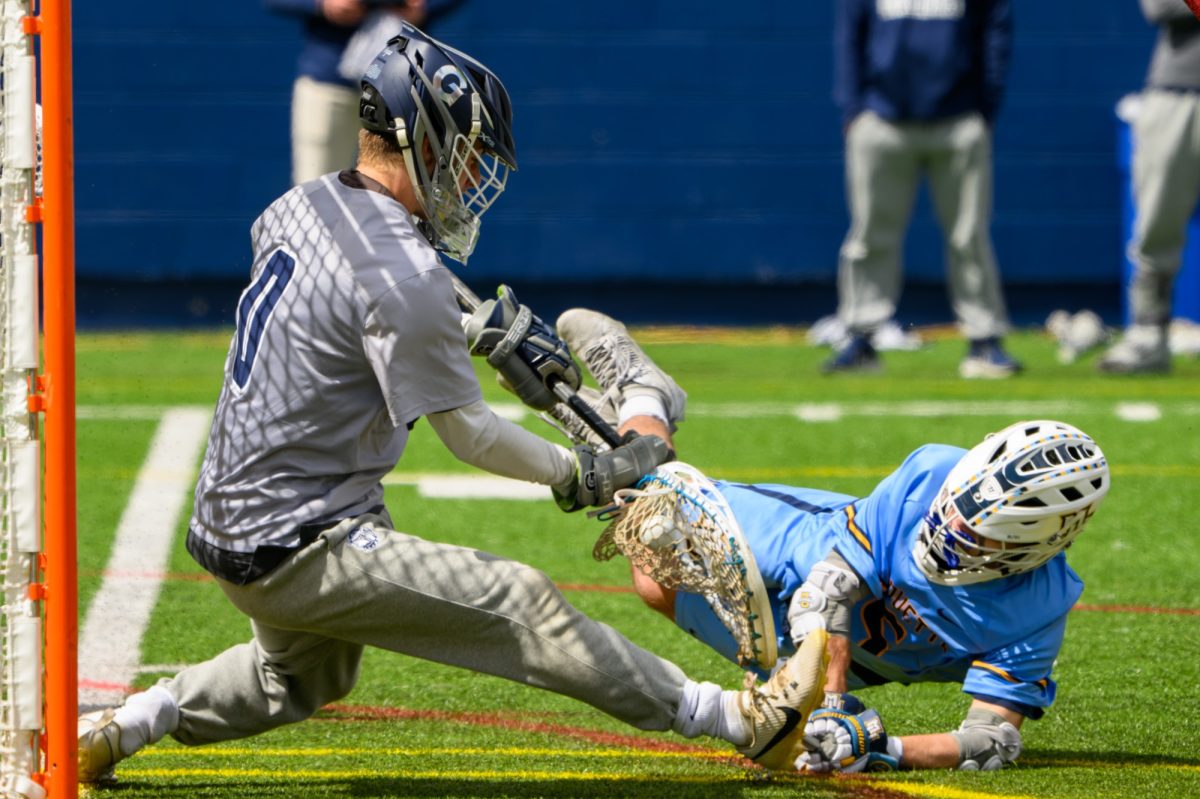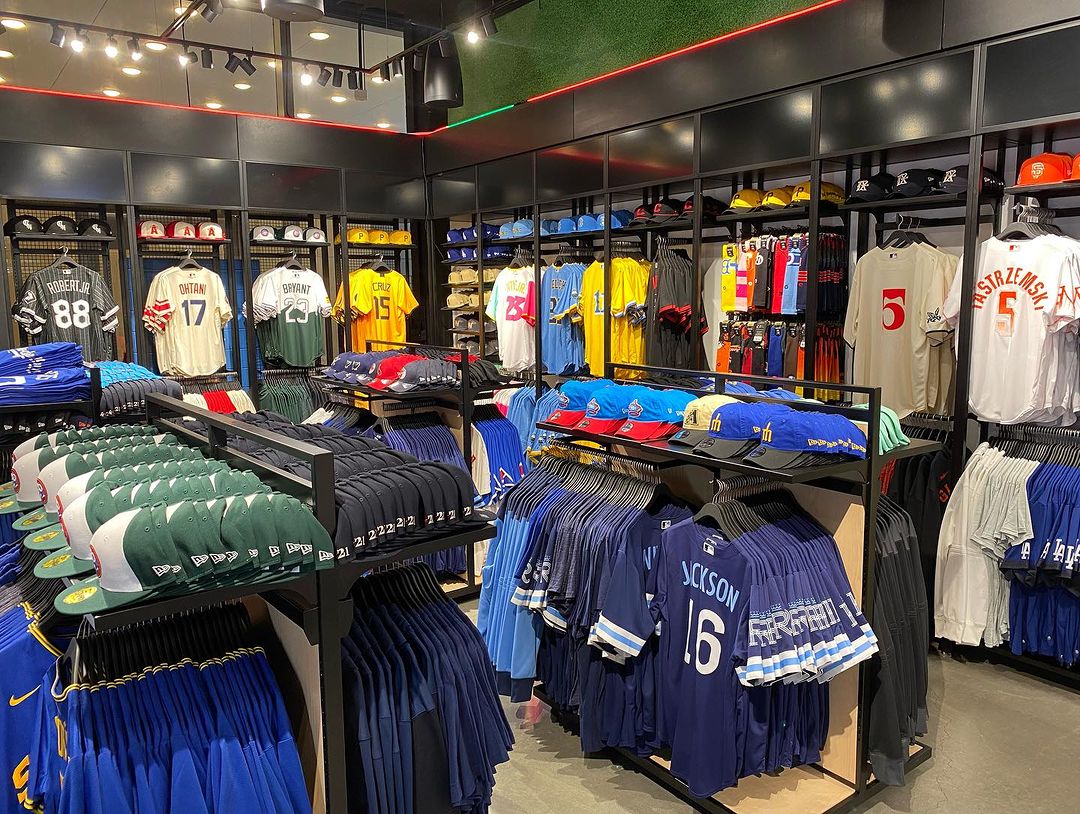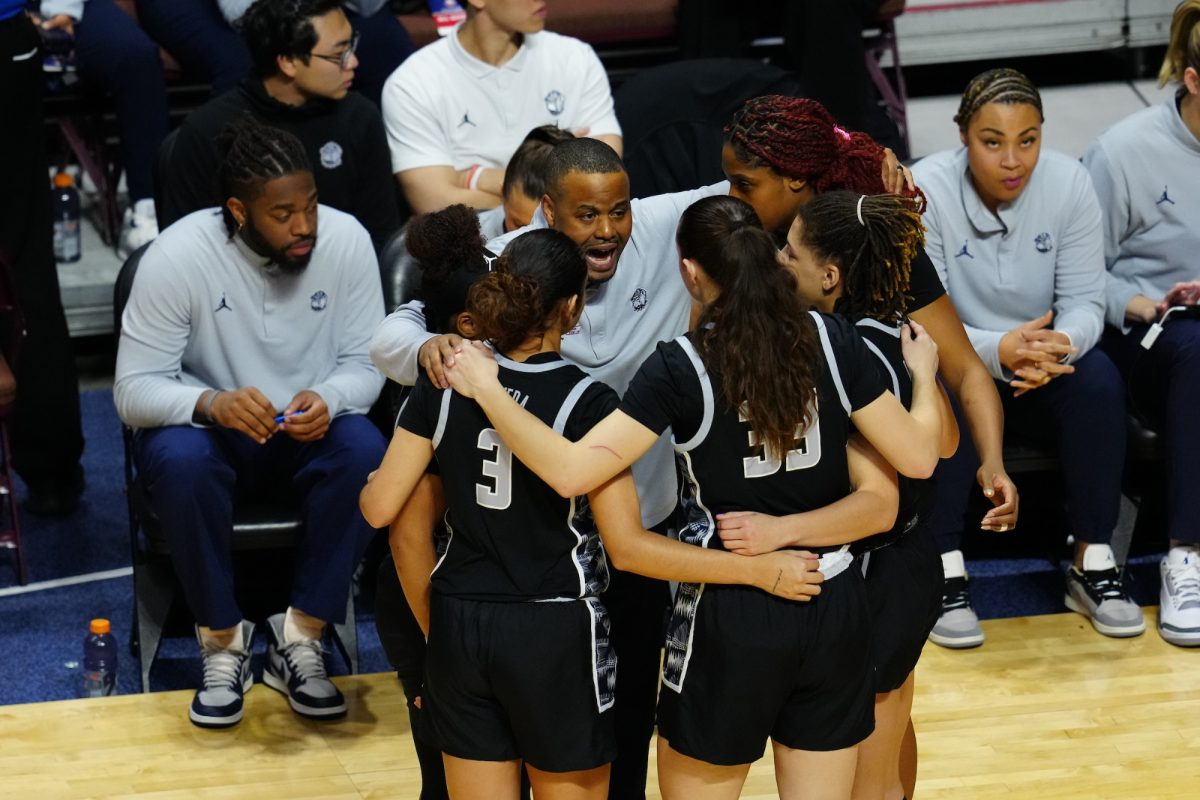Recently, coaches in the NHL have been losing their jobs at an unusually high rate. Just two years ago, only one coach was fired over the course of the entire season. This season, seven coaches have already been fired, and there are more on the chopping block. This season has certainly illuminated a number of variables involved in coach management, including a new look at coach conduct, the treatment of players by coaches and the overall performance of the teams. With the unpredictability of coach hirings and firings this season, the league is constantly reshuffling and rebuilding under new coaches.
This season, a movement to reduce inappropriate conduct in the league sought to foster inclusivity and diversity among head coaches and eliminate abuses of power. The movement began with the former coach of the Toronto Maple Leafs, Mike Babcock, who was on thin ice coming into the season and was fired for failing to convert the abundant talent on his roster into wins on the ice. As previously mentioned in this column, the criticism and subsequent firing of Babcock as a head coach led to the release of information about Babcock’s alleged mental and verbal abuse of his players that shed light on questionable coaching practices throughout the NHL. The most egregious coaching practices were those of the former coach of the Calgary Flames, Bill Peters, who evidently addressed one of his players with a racial slur and sometimes resorted to physical violence against his players.
The national attention garnered by these scandals and events involving abusive behavior led the NHL to establish an anonymous hotline for players to report inappropriate behavior. The NHL declared that teams had been “put on notice,” and failure to report incidents would lead to severe consequences.
The day following the establishment of the hotline, Jim Montgomery, coach of the Dallas Stars, was fired. The Stars have not specified their reasons for firing Montgomery beyond explaining that his contract was voided due to “unprofessional conduct.” They did, however, confirm the conduct was not directed at any former or current players or any employee of the Dallas Stars nor was it associated with the NHL’s new policy. Since his departure, Montgomery has revealed he will be going to alcohol rehab as a result of his dismissal from the Stars.
The speculation surrounding Montgomery’s release indicates that conduct-related considerations in coaching are increasing in significance in the league and have therefore contributed to the bump in coach firings.
On the other hand, John Hynes of the New Jersey Devils, Peter DeBoer of the San Jose Sharks, Peter Laviolette of the Nashville Predators and Gerard Gallant of the Vegas Golden Knights were all fired because of the lackluster performance of their teams, a more typical and longstanding reason to fire a coach.
These firings are especially notable because many of these people are talented coaches with proven success. Laviolette presided over a successful era of the Nashville Predators, leading them to be a juggernaut in the Western Conference and to an appearance in the Stanley Cup Finals. Another perennial contender in the West were the San Jose Sharks, who have been continually successful despite an aging roster under the leadership of DeBoer, who also reached the Stanley Cup Finals with his team. Finally, Gallant won the Jack Adams Award for NHL Coach of the Year during the Golden Knights’ first year in the NHL for the team’s historic run to the Stanley Cup Finals, which was ultimately thwarted in the final round of the playoffs. The firing of these successful coaches demonstrates the changing norms of the league that place importance on fast success and constant rebuilding, placing more responsibility on coaches.
The firing of an effective coach seems to lead to a compounding effect. The Golden Knights were flirting with a playoff spot all season but generally felt they were underperforming. When DeBoer was fired, the Knights had a compelling alternative for the coaching job and decided to release Gallant. Gallant is an extremely talented coach in his own right and brought the Golden Knights to the Stanley Cup Finals when most professional observers predicted it would be years before the Knights were even a competitive team. It would shock me if Gallant remains without a job for very long. Perhaps another team will fire their coach to make space for Gallant and the so-called coaching carousel will continue.
Furthermore, history seems to favor the teams that fire their coaches. Last year, the St. Louis Blues were last in their division and near the bottom of the entire league when they decided to fire their coach, Mike Yeo, and replace him with interim head coach Craig Berube. Berube brought a new, brutally honest perspective to the Blues and when Berube led the team from the bottom of the league to Stanley Cup champions, he was awarded the coaching job on a permanent basis.
The Pittsburgh Penguins have pulled off a particular magic trick when it comes to releasing a head coach. Twice, the organization has fired their coach in the middle of the season and gone on to win the Stanley Cup, first when they hired Dan Blysma in 2009 and again when they hired Mike Sullivan in 2016. Seven teams in the history of the NHL had a midseason coaching change and won the cup in the same year. The frequency of this event also seems to be increasing since it happened three times in the last decade, twice in the decade before and only twice in the whole century before that.
Ultimately, a lot of people can share the blame for presiding over an underperforming team, but coaches are the easiest to target. General managers, responsible for assembling rosters and creating long-term plans for teams to win, are difficult to fire and usually work closely with ownership. As the coaching carousel continues to spin, owners in the league dissatisfied with their team’s performance may do well to reexamine who is actually responsible for the team’s failings.





















